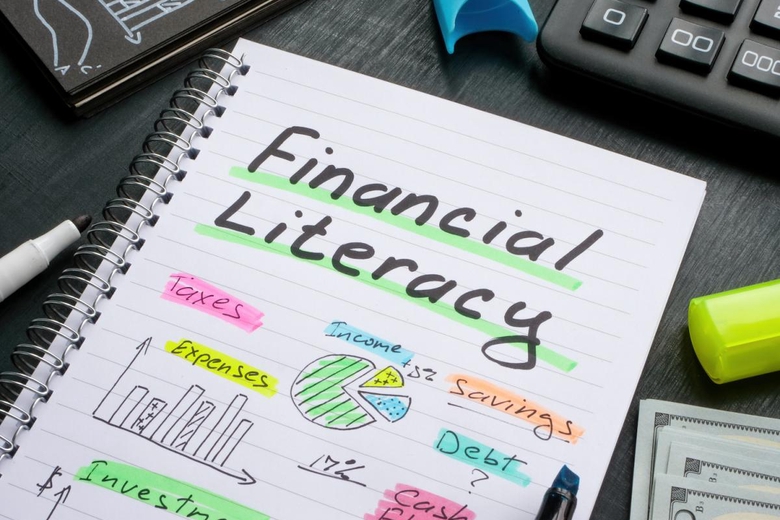April brings more than just spring showers; it heralds National Financial Literacy Month, a time to reflect on the importance of financial education and empowerment. This month-long observance serves as a crucial reminder of the role financial literacy plays in shaping our financial well-being and securing our futures.

As we commemorate this occasion, let's explore why financial literacy matters now more than ever and how you can take steps to bolster your financial knowledge.
Understanding Financial Literacy: The Key to Financial Freedom
Financial literacy is the foundation of sound money management, encompassing skills such as budgeting, saving, investing, and debt management. It empowers individuals to make informed decisions about their finances, navigate complex financial systems, and avoid common pitfalls.
By enhancing financial literacy, individuals can build a solid financial foundation, plan for the future, and achieve their long-term goals.
The Need for Improved Financial Literacy
Despite its importance, studies indicate that a significant portion of the population lacks basic financial literacy skills, leaving them vulnerable to financial instability.
The COVID-19 pandemic has underscored the importance of financial preparedness, highlighting the need for individuals to have emergency savings and a solid understanding of personal finance principles.
Enhancing financial literacy can help individuals adapt to changing economic circumstances, mitigate financial risks, and build resilience in the face of adversity.
Empowering Yourself Through Financial Education
Take advantage of online resources, workshops, and courses offered by reputable financial institutions and educational platforms.
Budgeting apps and personal finance software can help you track expenses, set financial goals, and monitor your progress.
Engage in regular discussions about money management with family members, friends, or financial advisors to gain diverse perspectives and insights.
Building a Path to Financial Security
Start by creating a realistic budget that aligns with your income, expenses, and financial goals, allocating funds for savings, debt repayment, and discretionary spending. Educate yourself about various investment options and strategies to build a diversified investment portfolio tailored to your risk tolerance and financial objectives. Prioritize emergency savings to cover unexpected expenses or income disruptions, aiming for a fund equivalent to three to six months of living expenses.
As we celebrate National Financial Literacy Month, let's commit to investing in our financial well-being and empowering ourselves with the knowledge and skills needed to navigate today's financial landscape. By prioritizing financial education and taking proactive steps towards financial security, we can build a brighter future for ourselves and our families.
Remember, the journey to financial freedom begins with a single step – take that step today, and embark on a path towards a more secure and prosperous tomorrow.